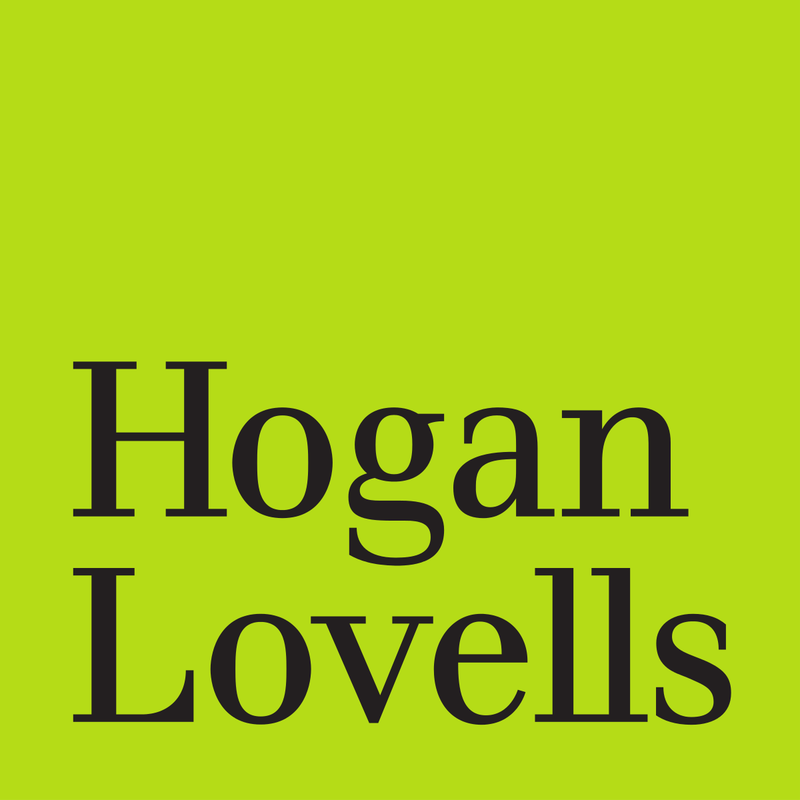Now while Tebogo acknowledges that the idea in itself isn’t novel, after all it is very common to borrow items from our friends or neighbours, she didn’t know of any scheme in existence such as Just Float. “Think of it as Airbnb for anything you might need, offering a super convenient means of accessing something for a short while quickly and safely”, she added.
Just Float’s initial market research in South Africa showed that people were very open to the idea of making money out of so-called ‘lazy assets’; those items we all have lying around that we bought to serve a purpose and then file away in a corner of a room never to be touched again. Essentially it works by the borrower paying for the item it wants to use and agrees to ensure it comes back in more or less the same condition as when it received it. The transaction is insured for the short term it is active for and therefore Just Float needed an insurance partner that was innovative and willing to provide this type of cover, and luckily South Africa seems to be emerging as an insurtech hub in its own right. Additionally, Just Float had to figure out how to do social vetting of users of the platform, both lenders and borrowers. It needs a way to protect participants from potential fraud or loss and the only way to really do this is to implement an insurance element. The startup found that there was no insurance product like this in South Africa and are currently in talks with an insurance startup on the best way to implement this element of the platform. While existing social media platforms like Facebook and LinkedIn could provide some degree of social vetting, neither is a foolproof way to insure this novel approach to peer to peer lending. Tebogo further added: “For a product like this to work, it shouldn’t create new problems. It should supplement and add to what people are doing and improve or enhance it. We are at the MVP stage and are focussing entirely on South Africa as a market. In terms of the logistics of exchange of goods, one option is for the borrower and owner to exchange messages regarding the product then meet to exchange. We have a built-in safety element to the program to mitigate any issues that may arise from this process. Another option is for a collections company to pick up then drop the item at a well-known outlet like supermarkets and then the borrower can go and pick it up. This is to ensure safety at all times and is an option we are continuing to explore.” No doubt Just Float is disrupting this space in a way it never intended. Tebogo acknowledges that additional use cases of this platform could be travel, short-term car loans and generally solving other uniquely African insurance problems. The startup would consider Ghana as a potential market for expansion due to the largely English-speaking population who are also generally quite tech savvy. The team recognised that one of the challenges in the South African market include slow penetration in the use of mobile money, while in Ghana, mobile money has a much higher level of usage. But first, it needs to establish its offering in South Africa and grow its customer base, which so far shows a positive trend in take up. To find out more about our portfolio companies, head to www.afritech.xyz/press Comments are closed.
|
Archives
September 2023
|


 RSS Feed
RSS Feed




